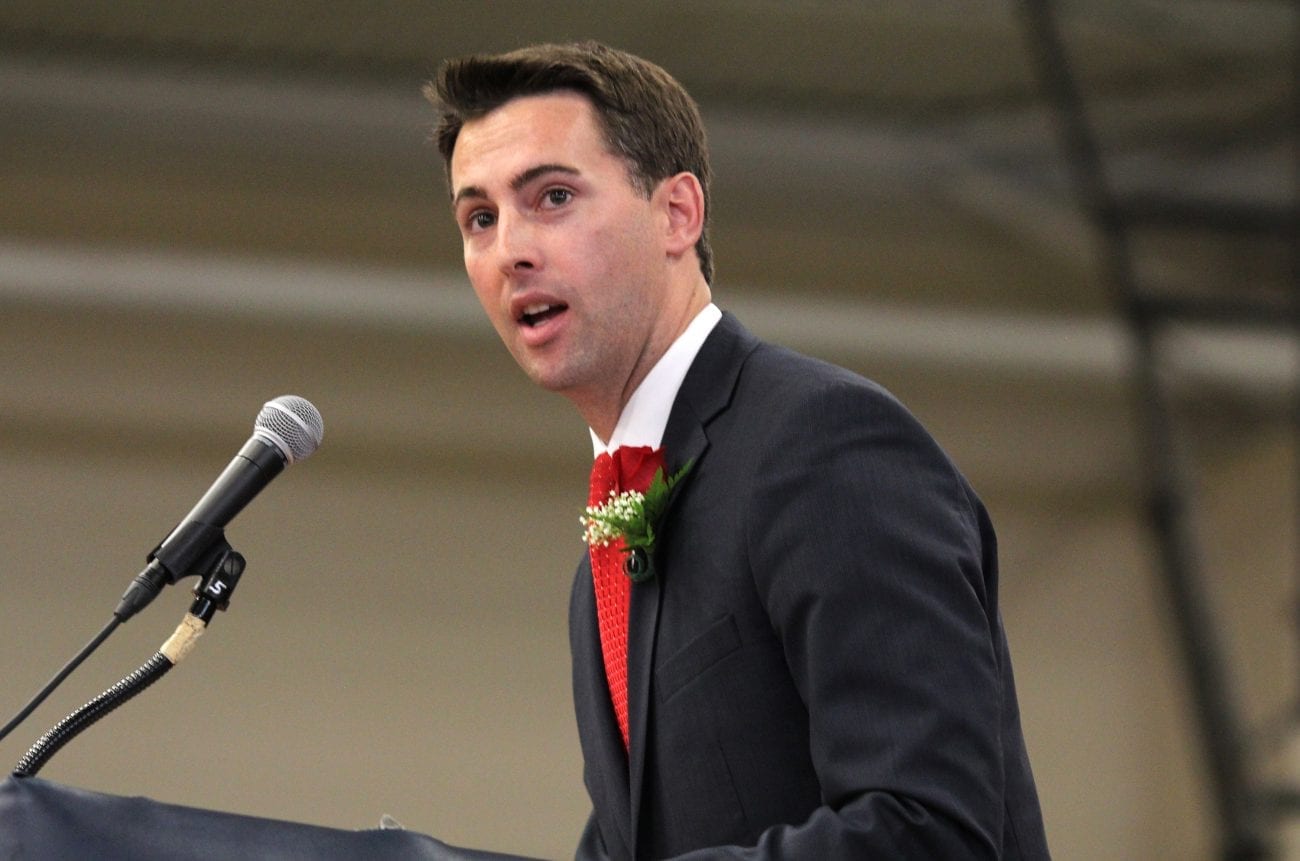Amid an ocean of emergency repairs and closures statewide, and the upcoming closure of the Lynn Commuter Rail station, state officials representing the North Shore said that a federal takeover of the MBTA is not off the table.
Earlier this month, House Transportation Committee co-chair Rep. William Straus called for federal receivership of the MBTA.
Straus’ co-chair, Sen. Brendan Crighton (D-Lynn), said that federal intervention in the MBTA is an option under consideration that will ultimately depend on the results of a Federal Transit Administration report to be released later this month.
“I want to keep all options on the table. Obviously, safety needs to be the number one priority at the T. The FTA, as well as, through our legislative oversight hearings have exposed many shortcomings with the overall leadership of the T, the workplace culture, not abiding by basic safety protocols, training, and a very significant workforce shortage, that has really hindered their ability to provide safe and reliable public transit for our residents,” Crighton said. “Before making any decisions, or going in any one direction, I would like to see their overall report.”
Crighton’s remarks were echoed by Rep. Pete Capano (D-Lynn), who said that although he’s unsure whether or not a federal MBTA takeover would be the best solution, the state needs some form of a centralized transportation department.
“I wish there was a transportation department, a different way of managing transportation in the state. I don’t know if the way we do it right now is the most effective, it doesn’t seem like it is. It might have been effective at one time. But it’s just not working. So I’m thinking more long term and trying to have discussions with people about how we could manage transportation in the state between buses and rail,” Capano said. “I don’t think there’s gonna be a federal takeover [that’s] imminent, right now.”
Rep. Dan Cahill (D-Lynn) said that while he does not want to see the federal government take over the state’s transportation system if it is the last option to ensure his constituents’ safety, it might be necessary.
“Safety has come into question. And it’s incumbent upon us as elected officials to make sure that we’re not putting the public at risk when they’re riding public transportation. So I think the intent of Chairman Strauss’s concerns and not desire because no one desires to have the federal government come in and take over a system, but it’s gotten to the point where the concerns and the incidences have risen to that level,” Cahill said. “If the MBTA in its current state cannot be brought up to a safe level for everyone, then the Commonwealth would have to reach out to for help and the only agency that can’t help is the federal government because we’re not talking about easy fixes.”
Cahill said that in a wealth-divided state with cities like Lynn that are far from mainland Boston, but still connected by public transportation, a federal takeover would be hard on taxpayers’ wallets.
“The state is really broken into the haves and the have-nots. The MBTA primarily services the East, but there’s a whole section of the state that is not served by rail. There are regional transit authorities, so it’s an expensive fix. And it’s one that not that possibly not everyone in the state feels they should bear the brunt of it as far as the taxpayer is concerned,” Cahill said.
Crighton also said that because of the fact that the state currently has the oldest subway system in the U.S., federal intervention would mean a long, complex, and expensive infrastructure project.
“Boston’s is unique, we’re the oldest transit system. What people don’t understand is that because we started this in the … late 1800s, early 1900s. Every line is different, which means every tunnel is different, the tracks are different. So it’s not a plug-and-play one size fits all, we see the issues right now, with building the new Orange Line and Red Line cars. You are asking manufacturers to come in and build different trains, different sizes for different rails, and it’s expensive,” he said.
Sen. Joan Lovely (D-Salem) said that although federal oversight might not be the most desirable solution, the MBTA needs some form of intervention.
“Obviously, we need some type of intervention, our system, as we know, has seen decades and decades of delayed maintenance, and took us to the point where the system completely breaks down. People rely on a train or transportation system to get them to work to school, it’s critical, it’s absolutely critical. Without a reliable system, our economy can’t thrive. To have the feds come in and say, ‘Okay, you’re gonna have to fix the Orange Line and the Green Line and do it 30 days,’ it’s not exactly how we want to be planning our repairs or our infrastructure upgrades, but the whole system needs to work and it needs to be reliable,” Lovely said.
Anthony Cammalleri can be reached at [email protected]

